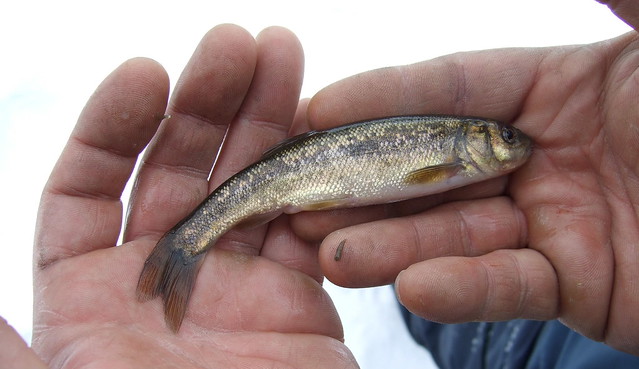Have you been delaying your foray in to the world of fishing? If so, then it’s time to get started, as this article is a quick-start guide that will teach you the basics of fishing. Read on to find some valuable advice about how to get started in the sport of fishing.
You should wear sunscreen every time you go fishing, even when the day is not very warm outside. Sunlight can burn your skin no matter what the temperature is, and while you fish you will be exposed to bright reflections off the water’s surface.
The best bait for fishing is live bait. Insects living near the water usually become fish food. If it is an insect that you can catch near the body of water where you are fishing, it is likely that the fish will be attracted to it. Expensive artificial lures may look nice, but they do little to attract fish.
Always use sharp hooks to make sure you catch plenty of fish. If not, fish will not be attracted to the bait and you will not catch anything. Remember to sharpen your hooks prior to going on a fishing adventure in order not to waste time.
Many fishermen recommend the improved clinch knot for securing a lure or fish to your line. Just put the tip of the line through the end of your hook, and then turn the line five times prior to passing the end right through the eye. Tighten the knot by slipping the line through the loop and tugging gently on its end.
Bass fishermen usually prefer grubs that are light-colored rather than dark-colored. Grubs in shades of white, yellow, chartreuse, gray or salt-and-pepper may prove especially effective. Another popular choice is a more translucent grub with reflective metal chips inside of it. These grubs reflect light and can draw more fish in. If nothing seems to be biting, choose a grub which is the same color as the water.
Make sure you observe the weather before going on a fishing trip. Some weather patterns make it impossible to fish. Overcast weather is the best time for fishing. Of course, people do catch fish in all types of weather, but success is much more likely when clouds cover the sky.
Always check the weather before going on a fishing trip so that you can be sure that you will be safe. You may also want to bring a radio on your fishing trip since the weather is constantly changing.
Go when the time and temperature is right to catch fish. For example, bass are most active when the sun rises or sets as their food is active at those times. Make sure that it’s over fifty degrees in the water while you’re fishing.
Night fishing can provide a fun alternative to the norm. Use a head lamp and boat lights while you fish for visibility. You might find you are catching different varieties of fish than you typically would in the daytime.
Catch-and-release is an ideal strategy for anyone who does not plan to actually keep and cook the fish. This method means you have to unhook your fish carefully before placing them back into their habitat. Doing this means the fish population can continue to grow and be available for catching.
Remember that silence is golden when it comes to fishing. Loud noises often spook fish quickly. Yet, if you are silent and don’t make a sound you’ll have a much better chance at catching a fish.
Above all things, fishing requires a lot of patience on your part, so make sure you have it. Even though it may seem like common sense, many people give up too easily if they do not catch a fish in the first 30 minutes. Fishing is a hobby that requires time and patience, so be sure you have both!
A key component to fishing is patience. If fishing is hard for you because you lack patience, it may not be the right sport for you. However, if you’re set on fishing, you can try training your patience levels with small, short fishing trips.
Fishing Trip
Fishing responsibly is something you need to learn to do. Try your hardest to not harm the environment when fishing. Avoid causing any litter if you have any consumable items. Always be aware of any limitations on how many fish you are allowed to catch and adhere to that number. Put back any fish you happen to catch that are too small for consumption.
While you are fishing, do your best not to leave unnecessary trash in the water on your fishing trip. Trash and debris destroy the balance of the wildlife and environment, not to mention how it looks. Make sure you leave with everything you came with on each fishing trip to preserve the water for years and years.
If you don’t have the patience to sit still in one place and wait for fish to bite, move from one spot to another about once an hour. The change of scenery will give your mind something fresh and new to consider. You might find the perfect spot!
Armed with the knowledge presented here, you can feel quite confident about your fishing trip. It does take some time and patience, but just employ the techniques learned here and you will find success in your new sport of fishing.
Setting a hook properly is a skill that anyone who wants to fish well needs to learn. A swift hook set is key when fishing, especially when lures are being used. You do not want to put a lot of effort into fishing, and then lose your fish just because your hook sucks.

